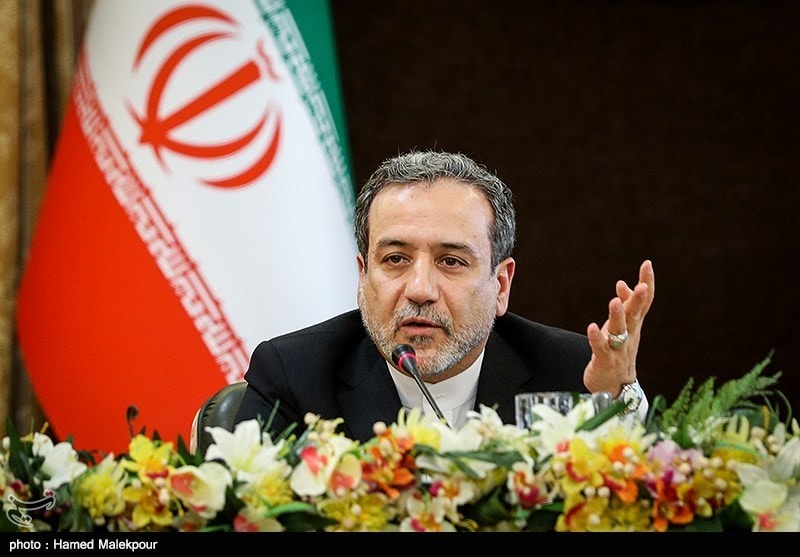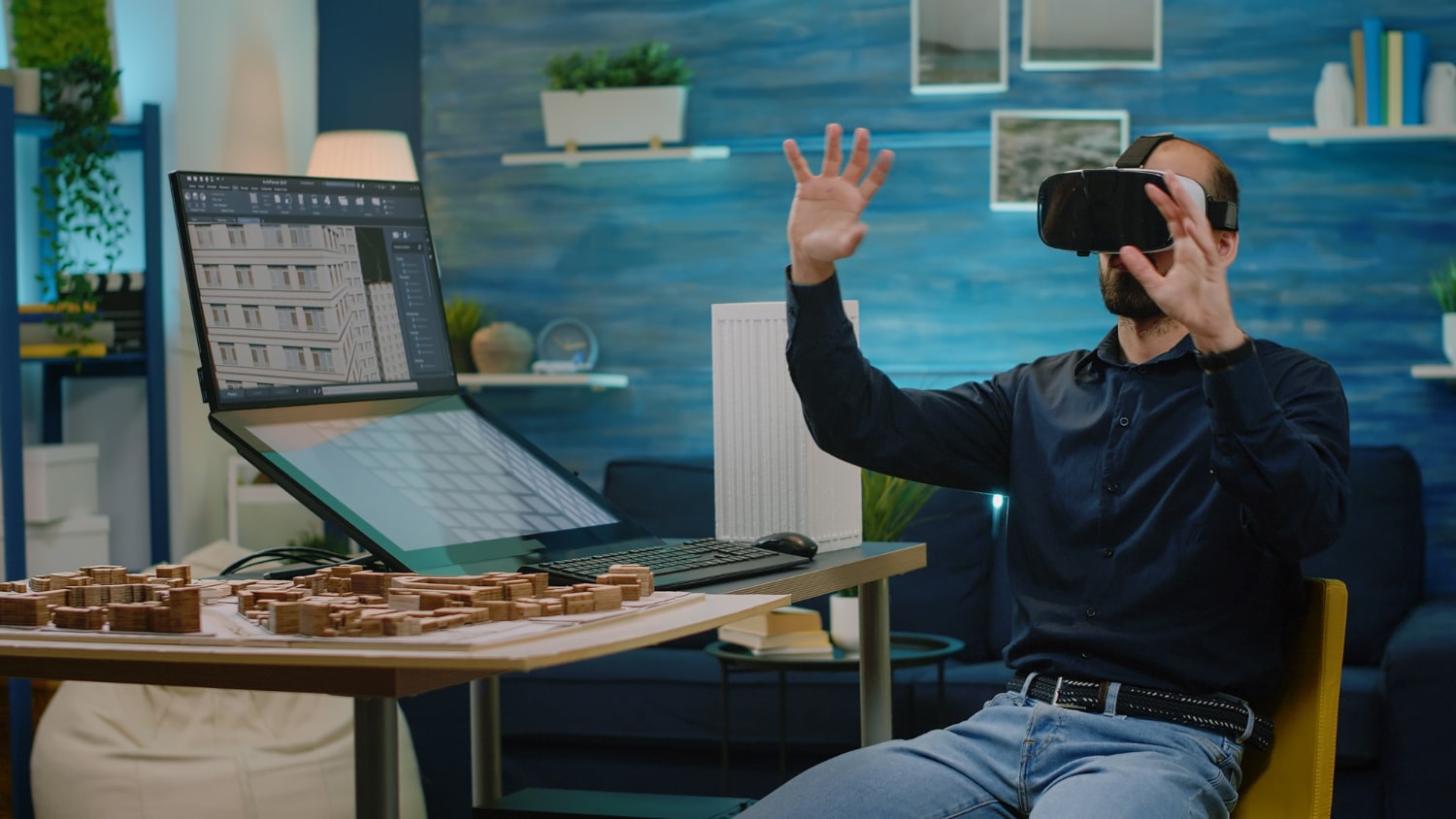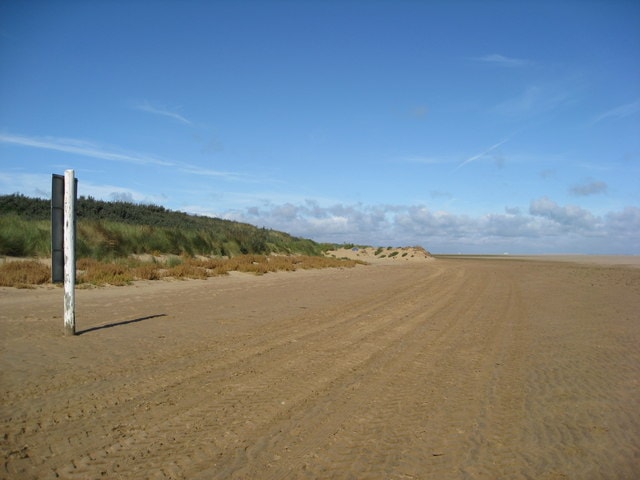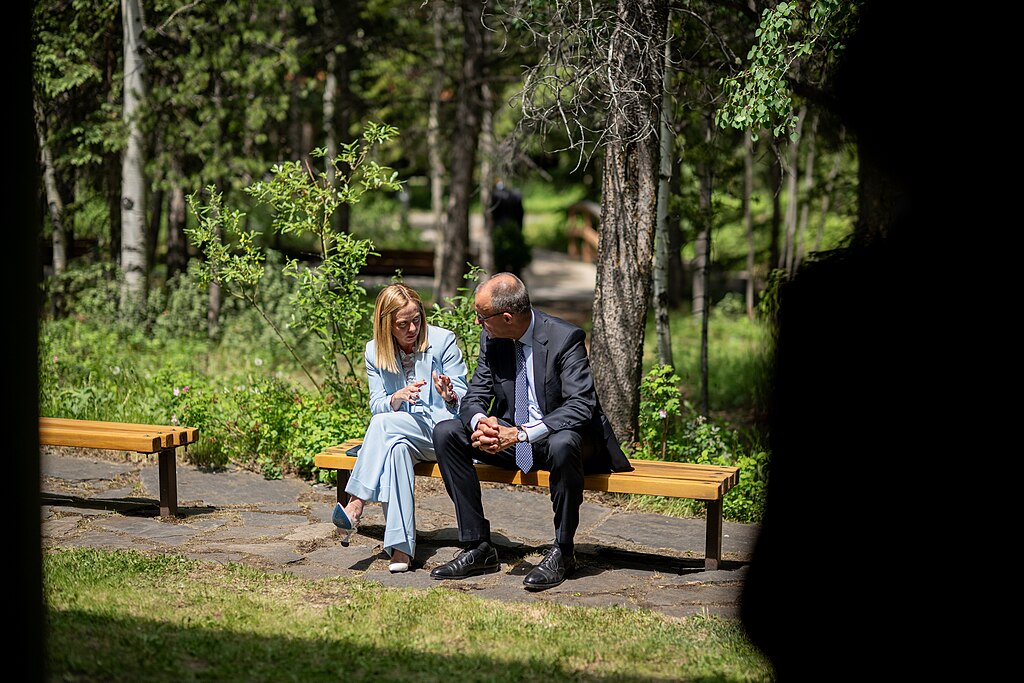This December marked two years since the launch of my social enterprise TaQadam. The research project, which started with conducting human-centered design research on refugee employment in the fall of 2017 in the conflict-torn Lebanon, led to:
- rolling out an online portal for companies building data and Machine Learning models,
- bringing hundred engaged youth across the Middle East as TaQadam’s workforce for AI data training, and
- learning to navigate highly competitive markets of AI image annotation which is, to say, will reach $1.6B market by 2025.
In short, building a sustainable business in a highly competitive and innovative technology market. Real business.
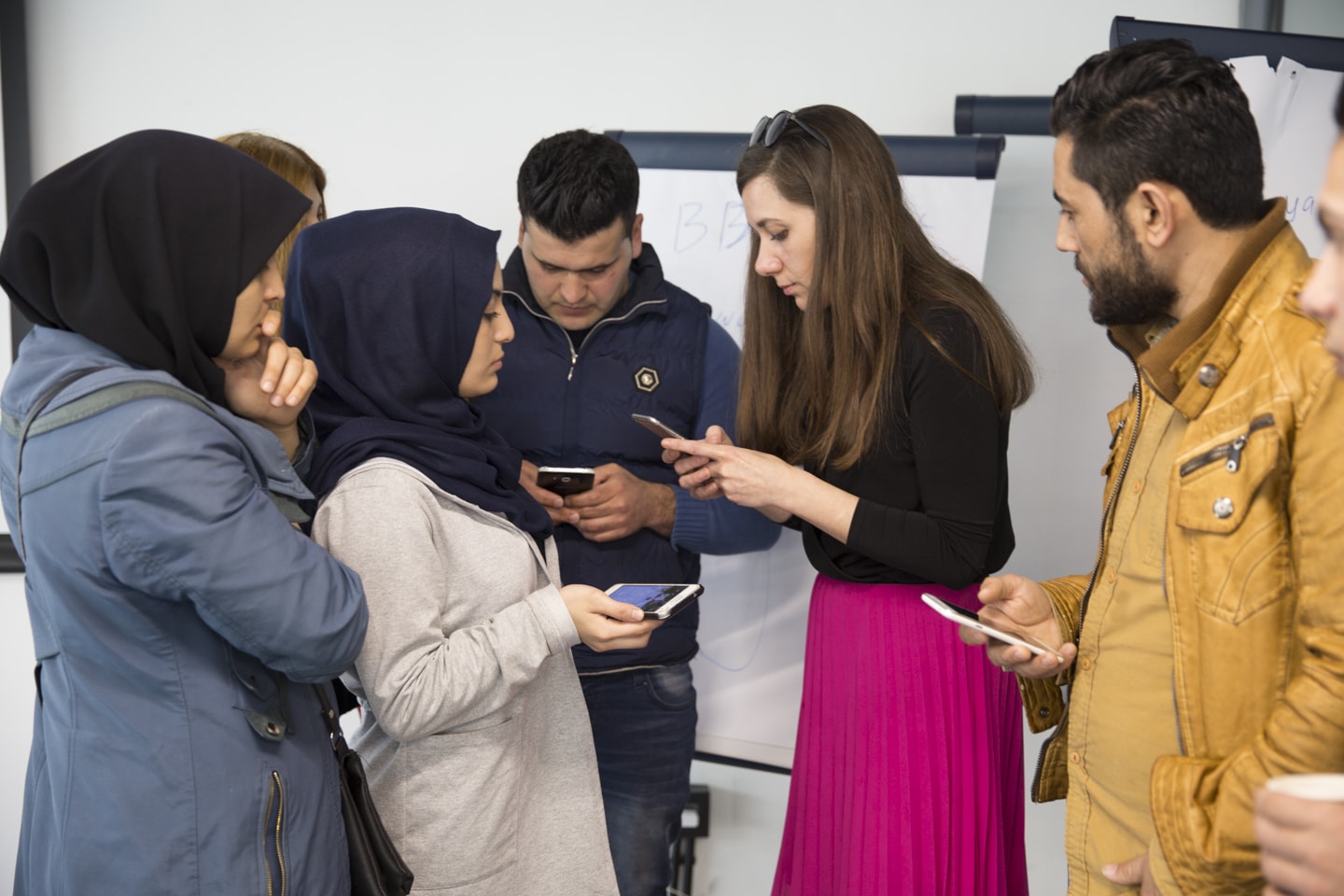
I started social entrepreneurship with a good foundation: twelve years of mixed business consulting and social good career. First, I thought, would give me management skills to run an AI startup. Second, emotional resilience necessary for social entrepreneurs’ standard challenges. But the reality is that the social enterprise has been my most challenging career venture out. Being a social entrepreneur in two years taught me significantly more than a decade of international development consulting and business advisory.
As 2019 came to an end, and many of the founders are setting up goals and new strategies for 2020, I would like to share ideas to help other social impact-focused founders and entrepreneurs to get better in business and stay focused on the social mission without falling into despair.
How to survive the challenges of Social Entrepreneurship? See it as a unique opportunity for your own personal and professional growth.
- Invest in emotional resilience as a founder
Building a business operating in adverse contexts, crises, and conflict is not so easy. To keep a cynical world away, you have to develop strategies of emotional resilience. The long fight for justice often exhausts even the mission that nevertheless gave birth to it. How to build emotional resilience?
- Surround yourself with the community that shares your mission. They are likely experiencing similar challenges. For example, in TaQadam, we have been a part of Techfugees community for over a year now. In 2019, we also joined another community specifically focusing on digital livelihoods – Refugeework.
- Build a strong shared values system with the team. Always go back to these beginnings: the values that guide you.
- Avoid “excuses” related to a social impact element of your business model
Founders running social businesses usually set for themselves lesser targets and expectations. They discount the forecasted revenue, reduce technology ambition, and lower fundraising targets – only because of the social impact element in the business model. Don’t do it.
- Social enterprise’s success is built on a successful business idea. Therefore, go learn core business strategies: growth hacking and digital marketing; investing in innovation; developing a competitive advantage and building an outstanding team.
- Don’t lower the bar for your team, investors, partners, and, in particular, when it comes to pricing.
- Use social enterprise for accelerated professional learning
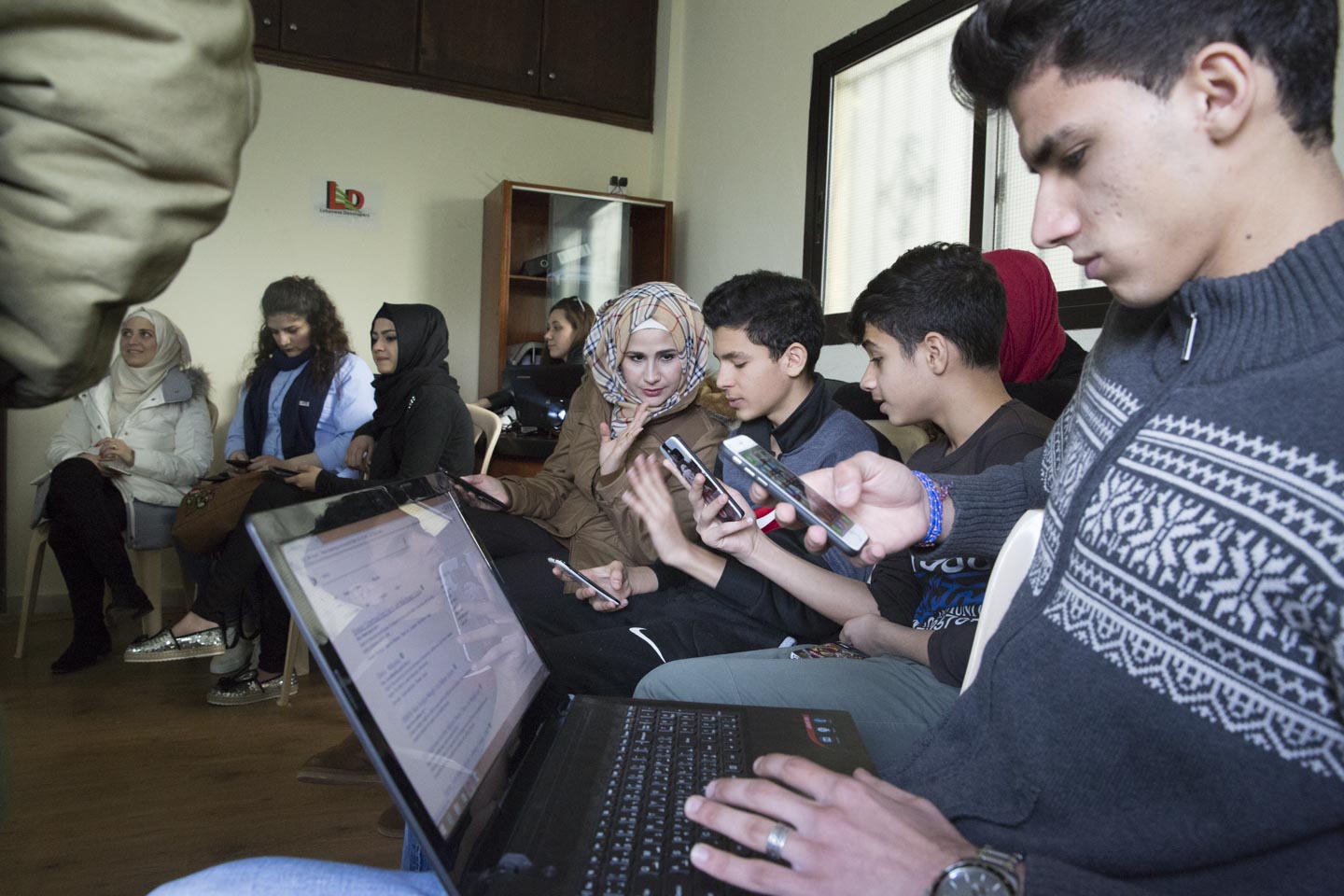
I have met many young people building an international development or UN career, as well as individuals interested in entrepreneurship. As a social entrepreneur, you are doing both. Years you put in building a social enterprise are invaluable.
- Use the opportunity to develop the foundational international development skills: implementing impact measurement and monitoring and evaluation; conducting human-centered design research; developing a log frame and theory of change to understand how your business is aligned with the Sustainable Development Goals (SDGs).
- Go through a business building school: participate in growth accelerator, go for venture fundraising round, learn growth hacking.
We tend to see social entrepreneurship as a challenging venture, business operating in an unfair environment. But there is an unprecedented bright opportunity for us founders to grow both personally and professionally. With social entrepreneurship, we are building a career to serve us in the fast-changing world, where knowing the business strategies is no longer enough, and sustainable development goes mainstream.




